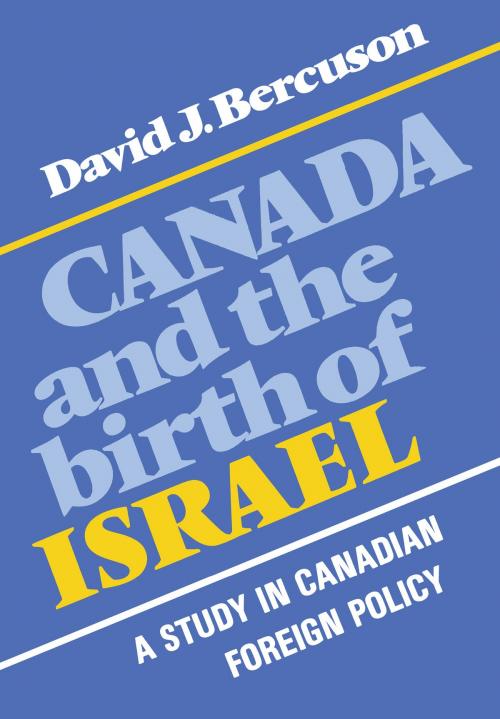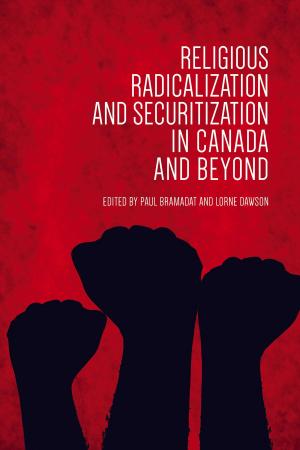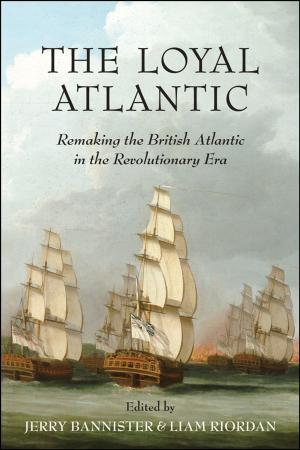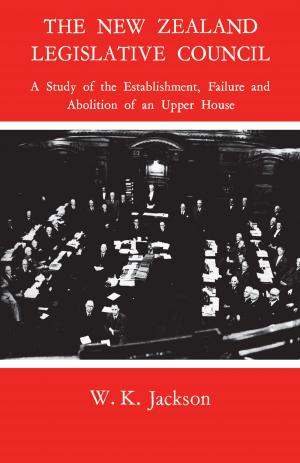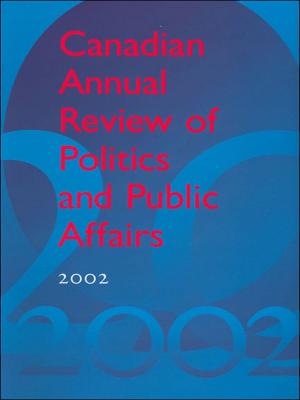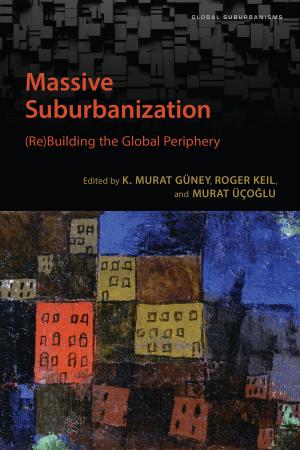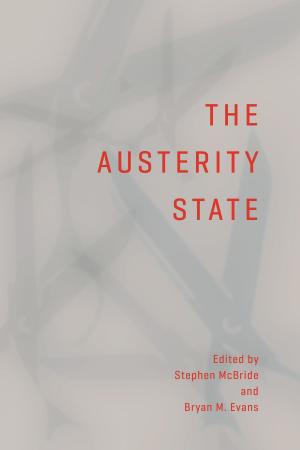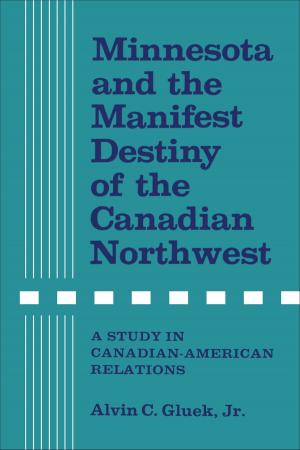Canada and the Birth of Israel
A Study in Canadian Foreign Policy
Nonfiction, History, Middle East, Israel, Canada, Jewish| Author: | David Bercuson | ISBN: | 9781442633520 |
| Publisher: | University of Toronto Press, Scholarly Publishing Division | Publication: | December 15, 1985 |
| Imprint: | Language: | English |
| Author: | David Bercuson |
| ISBN: | 9781442633520 |
| Publisher: | University of Toronto Press, Scholarly Publishing Division |
| Publication: | December 15, 1985 |
| Imprint: | |
| Language: | English |
Canadian Zionists of the 1930s were anxious to involve their government in the Palestine question. The pressure they brought to bear was fuelled by a new urgency when British policy in Palestine denied entry to Jewish refugees from the Nazi terror. Today there is a widely held impression that the Canadian government responded quickly and sympathetically to that pressure. Jews and Arabs alike, each for their own purposes, have created the image of a Canada friendly to Zionism, and of Canadian policy directed by such pro-Zionists as Lester Pearson.
But as David Bercuson demonstrates, the truth is far more complex. In fact, Zionist efforts to involve Canada in the Palestine question met with considerable resistance from Ottawa, even when Canada was elected to membership on the United Nations Special Committee on Palestine in 1947. The partition of Palestine was eventually supported by Canada, but begrudgingly. Ottawa viewed partition as the ‘least lousy’ solution to a problem that was acutely sensitive both diplomatically and politically.
Hardly the champions of Zionism that it has generally been considered, Canada is revealed in Bercuson’s study as having established a middle east policy, not on moral or ideological grounds, but on the basis of the politicians’ view of its own national interests.
Canadian Zionists of the 1930s were anxious to involve their government in the Palestine question. The pressure they brought to bear was fuelled by a new urgency when British policy in Palestine denied entry to Jewish refugees from the Nazi terror. Today there is a widely held impression that the Canadian government responded quickly and sympathetically to that pressure. Jews and Arabs alike, each for their own purposes, have created the image of a Canada friendly to Zionism, and of Canadian policy directed by such pro-Zionists as Lester Pearson.
But as David Bercuson demonstrates, the truth is far more complex. In fact, Zionist efforts to involve Canada in the Palestine question met with considerable resistance from Ottawa, even when Canada was elected to membership on the United Nations Special Committee on Palestine in 1947. The partition of Palestine was eventually supported by Canada, but begrudgingly. Ottawa viewed partition as the ‘least lousy’ solution to a problem that was acutely sensitive both diplomatically and politically.
Hardly the champions of Zionism that it has generally been considered, Canada is revealed in Bercuson’s study as having established a middle east policy, not on moral or ideological grounds, but on the basis of the politicians’ view of its own national interests.
